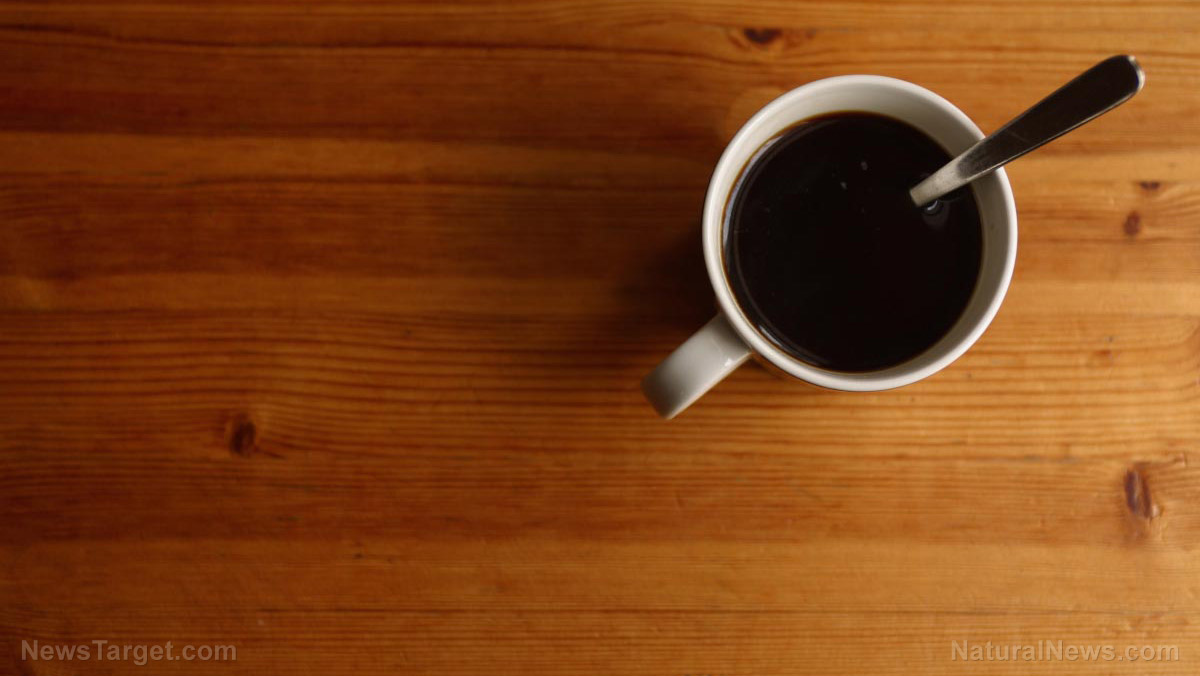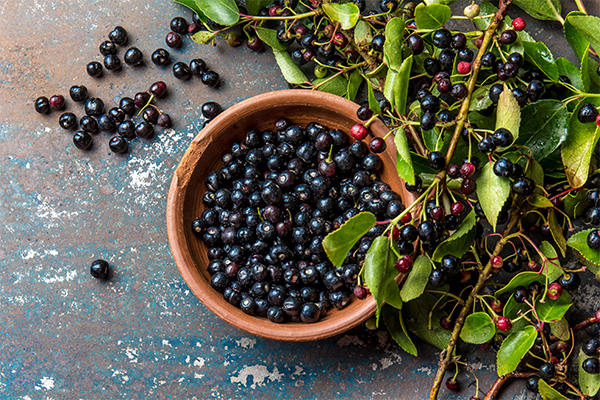Feeling tired after enjoying a cup of coffee? You should probably limit your caffeine intake, advise researchers
09/18/2020 / By Virgilio Marin

A lot of people rely on coffee to keep them awake and improve their focus. That’s because coffee contains caffeine, a natural stimulant that’s also found in tea and cacao plants.
But if you’re a frequent coffee drinker and notice you’re feeling more tired, you might need to lay off coffee – experts say that caffeine can make some people feel more tired and sleepy than energized.
Not everyone reacts to a certain foods or drinks the same way. For example, some people can drink multiple cups of coffee a day and experience little to no unwanted effects. But some people can experience adverse effects after drinking just one cup of coffee.
The list below describes how coffee makes you feel tired:
1. Caffeine blocks adenosine from binding to its receptors
Adenosine is a brain chemical that plays a vital role in facilitating sleep; when it binds to its receptors, neural activity slows down and a person feels sleepy. Adenosine levels increase during wake hours and decrease during sleep.
When you drink coffee, caffeine binds to adenosine receptors. But it does not halt the production of adenosine or the body’s ability to make more adenosine receptors. As a result, there’s a buildup of adenosine waiting to bind to its receptors. This can lead to sleepiness and feelings of tiredness once the effects of coffee wear off.
The length of time that caffeine stays in the body varies from one person to another. Some people may be more susceptible to this unwanted effect than others.
2. Coffee drinkers develop caffeine tolerance
Habitual drinkers of coffee may develop caffeine tolerance, which occurs when caffeine becomes less effective as a stimulant. That’s because the body may learn to adapt by producing more adenosine receptors. This allows more adenosine to bind to its receptors and offset the effects of caffeine.
Research also showed that regular intake may lead to caffeine tolerance. One study looked at the effects of continuous caffeine consumption on the cycling performance of 11 adults. In the beginning, the participants demonstrated higher heart rates and greater cycling power after consuming caffeine. After 15 days, researchers observed that the effects of the stimulant began to decrease.
3. Coffee can raise blood sugar levels
Caffeine in coffee has been found to increase blood sugar levels. A meta-analysis found that it can temporarily reduce insulin sensitivity. Meanwhile, another study concluded that consuming 100 mg of caffeine impaired glucose metabolism in 10 healthy males with excess weight.
In turn, high levels of blood sugar can lead to a host of conditions, such as fatigue, headaches and difficulty in concentrating.
The amount of sugar in your coffee can also contribute to higher levels of blood sugar. Sugar may take the form of whipped cream or shots of syrup, which are a standard in specialty drinks. You may try adding less sugar if you find limiting coffee consumption difficult.
4. Coffee is a diuretic
Caffeine is considered a diuretic, a substance that makes you urinate more often. Therefore, your body can lose great amounts of fluid, which can lead to dehydration.
Coffee-drinkers who go to the bathroom more frequently than usual can get stuck in a cycle of dehydration that can make them feel more tired.
For one, water loss can lead to a decrease in blood volume. This puts excess pressure on the heart to deliver oxygen and nutrients to the organs, including the muscles. The body makes do with low fluid levels, leading you to feel tired and sluggish.
While some people need coffee to boost their day, caffeine in the drink may cause tiredness and sleepiness. If you notice these symptoms, try limiting drinking coffee and opt for other energizing foods such as dark chocolate, whole grains and meat.
Learn more about ways of preventing fatigue at Prevention.news.
Sources include:
Submit a correction >>
Tagged Under:
adenosine, blood sugar, brain health, caffeine, caffeine tolerance, coffee, dehydration, diuretic, fatigue, food science, health science, heart health, sleepiness, tiredness
This article may contain statements that reflect the opinion of the author
RECENT NEWS & ARTICLES
BloodSugar.News is a fact-based public education website published by Blood Sugar News Features, LLC.
All content copyright © 2018 by Blood Sugar News Features, LLC.
Contact Us with Tips or Corrections
All trademarks, registered trademarks and servicemarks mentioned on this site are the property of their respective owners.





















